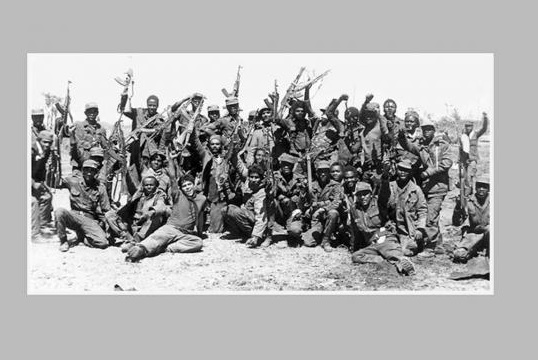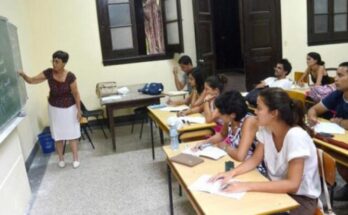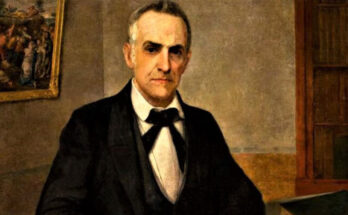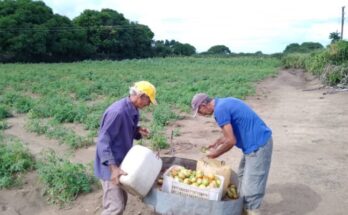On August 10, 1983 the Battle of Cangamba, a locality located in the province of Moxico in the east of the Angolan territory, where Angolan combatants of the 32nd Light Infantry Brigade (BIL) of the Popular Forces for the Liberation of Angola (Fapla) and Cuban officers who helped them to defend their positions, confronted troops of the Union for the Total Independence of Angola (UNITA), culminated on August 10, 1983.
Eight days before, the positions defended by Cuban internationalists and the Popular Forces for the Liberation of Angola (FPLA) had been surrounded and attacked, and the epic resistance of the combatants, with the support of the combat aviation and the Special Destination Forces disembarked in the enemy rearguard prevented the enemy from achieving their objectives.
The strategic objective of the UNITA was to isolate the demarcation, to prevent the arrival of reinforcements, to later seize Luena, city that they intended to proclaim the capital of a so-called Black Republic split from Angola, in search of international recognition.
In the heat of the fighting, on August 7, 1983, the Commander in Chief Fidel Castro Ruz, who followed minute by minute the development of the events, wrote and sent to the soldiers and officers fighting in Cangamba a message in which he oriented: «From your positions, well entrenched, with serenity, self-confidence and total determination, you must reject the enemy attacks, firmly resist the artillery fire and annihilate those who try to take over the position».
And furthermore, the historic leader of the Cuban Revolution exhorted them that Cangamba should become the cemetery of the mercenaries who serve the hateful interests of the South African racists! May Cangamba be an example that the blood of Angolans and Cubans shed for the freedom and dignity of Africa has not been in vain!
The Battle of Cangamba is considered a military milestone, it was a test of resistance for its protagonists, with many tragic edges, beyond the combat zone that left a toll of 18 Cubans and 27 were wounded, whose blood paved the way to the true independence of the Angolan people.
In Cangamba a new heroic page of internationalism was written, with which Cuba once again began to settle its debt of gratitude to Africa.





